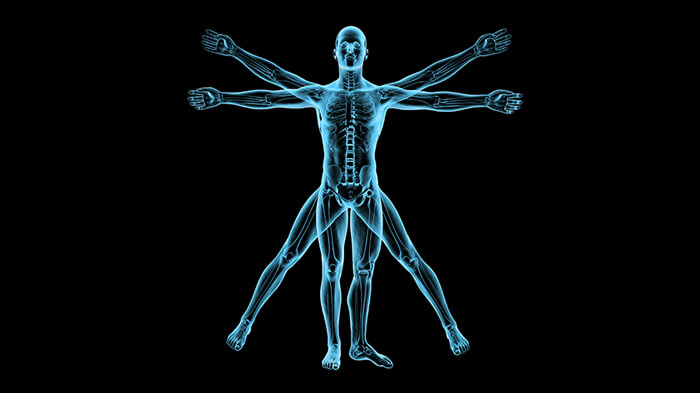Humanism. It’s a term that’s as much bandied about as it is misunderstood. That’s a pity, considering the value of its tenets, often lost in the tangle of a landscape littered with the products of frenzied religious segmentation.
Let’s fix that with a quick primer on this ancient philosophy. Herewith, 10 essentials you need to know about humanism.
- “Humanism” refers to the cultural movement that took place in Renaissance-era Europe that was powered by new approaches to science and art along with a new appreciation for their influence on a meaningful existence. Early humanists believed the Greek and Latin classics contained all the lessons required for leading a moral and effective life.
- An article in a 1765 periodical spoke of “the general love of humanity … a virtue hitherto quite nameless among us, and which we will venture to call ‘humanism,’ for the time has come to create a word for such a beautiful and necessary thing.”
- Humanism is characterized by a shift of focus from religious to secular matters. It embraces a belief system that says people can make sense of their world without turning to organized religion. Humanists, instead, find satisfying explanations to life’s mysteries in shared human experience and rational thinking.
- Humanists do not believe in God or any supernatural deities. Humanists, instead, believe only in the universe, nature and themselves—and their power to identify a consequential existence inside of their own realities.
- Humanists are committed to living the best life they can by accepting responsibility for their choices and working with others toward a common good. A strong sense of morality figures prominently in the humanist approach. Drawing from human nature and evidence-based experience, humanists make decisions aimed at achieving mutual respect, quality of life and spiritual fulfillment.
- Humanists believe we have but one life, and that it befalls each of us to find fruitful occupation therein. Absent supernatural doctrine for reference or reassurance, humanists develop a life path according to human need and interest.
- Humanism emphasizes the value of individual liberties, human rights and social justice. Inside its philosophy, humans are free to pursue their own life goals, provided they include a universal appreciation for humankind.
- With humanism, every human is obliged to consider the well-being of others in her life choices. British academic AC Grayling has said “each individual has to work out the values they live by and especially to recognize that the best of our good lives revolves around having good relationships with people.”
- 9. • Science, art, literature and music provide meaningful foundations for this school of thought. By dipping expansively into these inspired wells, humans can solve their earthly challenges in ways that respect the creative and scientific achievements of the past, and lay a foundation for an enriched future.
10. The International Humanist and Ethical Union is a worldwide association of humanist, secular, nationalist, ethical culture, freethought and rationalist organizations from some 40 countries. They have adopted “the happy human” as their universal symbol.

